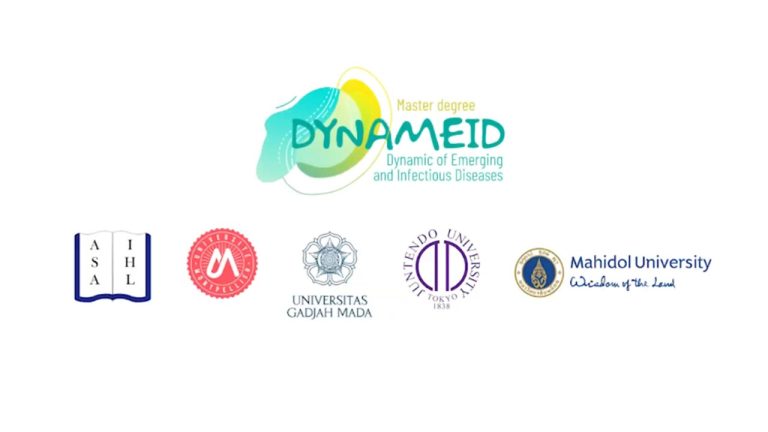
Presentation
The COVID-19 crisis has shown how dangerous, challenging and disruptive a pandemic can be to our societies. It has been shown that simply reacting to the disease does not stop the progression of a pandemic. We do not know when or where the next epidemic will occur. We don’t know what kind it will be. However, one thing we can be sure of is that there will be a next epidemic. In the meantime, we are continuously observing the emergence of new pathogens and resistance to treatments. How should we prepare as a community to deal with it when it comes? The answer is not a one-size-fits-all one and certainly should not come after the disease has emerged. The answer lies in understanding the complex nature of an emerging infectious disease and managing the risk holistically. We must prevent the emergence of new diseases by organizing regulation and exchange in society in an appropriate manner. A new generation capable of managing risk with a new and more global vision is needed. DYNAMEID is designed to train this generation.
“The greatest victory is the one that requires no battle” Sun Tzu
Universities
Universitas Gadjah Mada
Mahidol University, Bangkok, Thailand
University of Montpellier, France
Juntendo University, Japan
Program
SEMESTER 1
- Bibliographic survey (2.5 credits)
- Biostatistic (5 credits)
- Cell and molecular biology (5 credits)
- Genoms and evolutions (2.5 credits)
- Genetics (5 credits)
- Molecular determinism of infectious disease (5 credits)
- Methods in research (2.5 credits)
- Disease control policies (2.5 credits)
SEMESTER 3
- Modelling and database
- Emerging, reemerging parasitic infectious disease
- Emerging, reemerging viral infectious disease
- International regulations and society: impact on emergence
- Applied immunology
- Host-pathogen interactions
- Spatial analysis and health
- Clinical microbiology, immunology, data correlation
- Microbes biotechnology and genetic engineering
- New generations of diagnosis technologies
SEMESTER 2
- Biobanking
- Emerging, reemerging bacterial infectious disease
- Bibliographic survey
- Integrated labory approaches in infectiology
- Bioinformatics and OMICS
- Physiology of microbes
- Entomology and vector borne disease
- Internship (2 months)
SEMESTER 4
- Internship 2 (6 months)
Requirement
General Requirement
- Have a bachelor degree in the eligible field
- S1 GPA at least 3.50
- TOEFL ITP 525, IELTS 6.5
- Academic potential test from a certified institution (TPA Bappenas, PAPs UGM, or TPDA PLTI) with minimum score 575
- Physically and mentally healthy
Requirement Document
- Motivational letters
- Recommendation letters
- A letter of physical and mental health from a hospital of at least type C
- S1 diploma
- S1 grade transcript
- ID card
- English certificate
- Academic potential test from a certified institution
Possible Careers

Health Agencies

Private Sector

Public Research

Insurance

Ministries

Hospital
Pendaftaran:
Pembiayaan:
Biaya studi program ini adalah Rp 50.000.000,00/semester atau USD 3.000/semester

